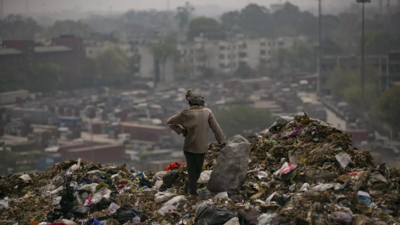Steep cuts in funding for the US Agency for International Development (USAID) threaten to cause more than 14 million additional deaths worldwide by 2030, according to a study published in The Lancet on Monday. Researchers analysed mortality data from 133 low‑ and middle‑income countries spanning 2001‑2021 and calculated that USAID‑backed health programmes had prevented about 91.8 million deaths in those two decades. The modelling suggests that the current wave of cuts would erase much of that progress, potentially leading to 1.78 million–2.5 million excess deaths each year between 2025 and 2030. “This structural defunding could represent one of the most significant setbacks to global health in decades,” said co‑author Davide Rasella of the Barcelona Institute for Global Health. “It risks causing millions of preventable deaths, particularly among the most vulnerable, and reversing progress in health and socio‑economic development.” The paper attributes the largest share of historic lives saved to USAID’s work on HIV/Aids, estimating a near two‑thirds fall in related deaths—about 25.5 million people—over the study period. Programmes tackling malaria, diarrhoeal diseases, neglected tropical diseases and lower respiratory infections were credited with saving another 31 million lives. But that track record is under threat. US Secretary of State Marco Rubio told Congress in March that 83 per cent of USAID projects would be terminated, with the remainder folded into the State Department. USAID spent roughly $42.4 billion in 2023, yet the agency’s long‑term budget outlook remains uncertain as some cutbacks face court challenges. The shift follows comments last year by former presidential adviser Elon Musk, who boasted that USAID funding had been fed “into the wood chipper”. The consequences have already started to ripple: US Health Secretary Robert F Kennedy Jr announced last week an end to Washington’s $300 million annual contribution to Gavi, the international vaccine alliance historically channelled through USAID.





